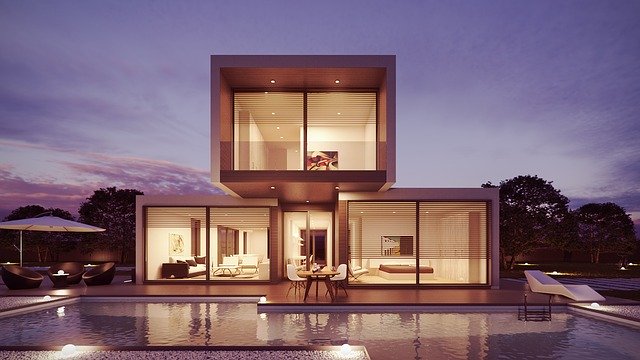
Heating and cooling are two of the most important variables when establishing and maintaining the comfort level of your home. But with an inefficient system, you might end up with an uncomfortable internal atmosphere—or you may end up spending too much on heating and cooling expenses.
Fortunately, with the help of HVAC zoning, you can make certain areas of your home more comfortable while simultaneously lowering your utility bills.
What Is HVAC Zoning?
An HVAC zoning system sometimes called a “zoned HVAC,” is a heating and cooling system probably like the one you have—but with one key difference: a zoned HVAC system has built-in dampers in the ductwork, which operate to block, redirect, and regulate the flow of air to specific areas of your home.
In other words, with HVAC zoning, you’ll be able to split your home into different defined “zones,” which can receive the benefits of hot or cold air as you see fit. Depending on your needs, you might establish a specific zone for a couple of isolated rooms, or you may split your entire house up into separate zones.
From there, you can exercise control via a thermostat in each room to achieve the desired temperature in each zone. Whenever you demand more hot or cold air in a specific room, the thermostat will automatically open the dampers for that room. When you return the temperature back to normal, the dampers will close.
The Benefits of Zoned HVAC
Why would you choose a zoned HVAC system over a traditional system?
Let’s look at some of the most important benefits:
- Lower utility bills. It costs money to heat and/or cool your house, but utility bills can vary wildly depending on several key variables. In homes with inefficient airflow or distribution potential, heaters and air conditioners need to work harder to get the home to achieve a certain temperature, resulting in higher costs. Similarly, if you’re heating the entire home—even if you’re only using one room—your energy costs could be way higher than they need to be. Zoning your home allows you to direct air where you need it most, as efficiently as possible, without wasting energy by heating or cooling rooms that aren’t in use. Ultimately, this helps you lower your utility bills.
- Furnace and air conditioner longevity. Your heater and air conditioner aren’t working as hard as they would be otherwise; they’re heating fewer rooms at a time and are distributing air more efficiently. Accordingly, they’ll suffer less wear and tear, and could end up lasting several years longer because of it. Just make sure you’re inspecting, cleaning, and maintaining your units properly.
- Outlier elimination. Some rooms of your home are simply stubborn; they’re always too cold, or they get too hot in the summer. Zoned HVAC systems help you eliminate these problematic outliers, directing air to them when you need it.
- Autonomy for family members. Chances are, the members of your family all have different preferences when it comes to temperature and individual comfort. You might like rooms at 72 degrees, while your child sleeps much better at a cooler temperature. Rather than arguing over the thermostat, a zoned HVAC system allows you to each set your own preferred temperature.
- Different comfort levels. You can also use HVAC zoning to create a gradient across your entire house; you can have some rooms that are cooler and some rooms that are warmer. This is especially useful if you’re hosting a party, so guests can naturally filter to a room that suits their preferred comfort level.
Installing a Zoned HVAC System
If you have an existing central HVAC system, you probably already have the ductwork necessary to support such a feature—with a few tweaks. An HVAC professional can gain access to your ductwork, install the dampers, and install a thermostat in each new zone to get you up and running in the span of a day or two. While more expensive than a simple ductwork inspection, the costs aren’t prohibitive—and they could save you money in the long run.
That said, zoned HVAC systems aren’t for every homeowner. Small houses tend to be heated and cooled evenly, and don’t strongly benefit from being split into zones. And if you already have a highly efficient HVAC and ductwork system installed, zoning may not provide you with significant extra benefits. If you’re not sure whether zoning will benefit you and your family, consider talking to an HVAC professional directly about your current setup and needs. They’ll be able to help you understand how to improve your HVAC setup and provide you with a quote on how much a new zoning system would cost.

